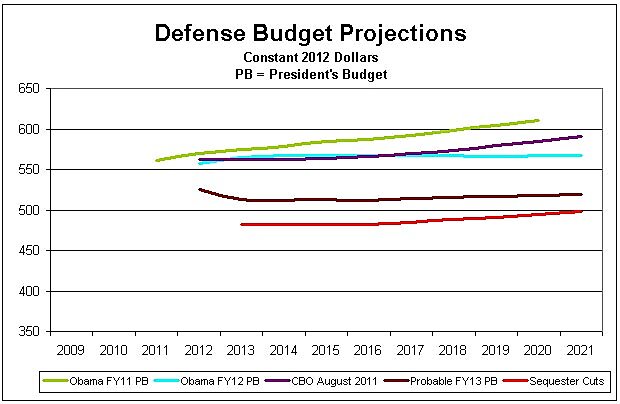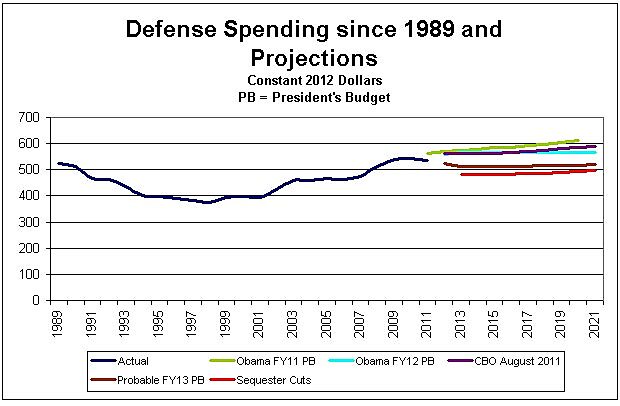The Freakonomics blog has an excellent post on the bills in Congress popularly known as SOPA and PIPA. The “Stop Online Piracy Act” and the “Preventing Real Online Threats to Economic Creativity and Theft of Intellectual Property Act” aka the “PROTECT IP Act” would attempt to frustrate online copyright violations by tinkering with the inner workings of the Internet.
Would amending the Internet be justified? The post is called “How Much Do Music and Movie Piracy Really Hurt the U.S. Economy?”:
Supporters of stronger intellectual property enforcement … argue that online piracy is a huge problem, one which costs the U.S. economy between $200 and $250 billion per year, and is responsible for the loss of 750,000 American jobs. These numbers seem truly dire: a $250 billion per year loss would be almost $800 for every man, woman, and child in America. And 750,000 jobs – that’s twice the number of those employed in the entire motion picture industry in 2010. The good news is that the numbers are wrong …
Freakonomics’ authors picked up two good authorities: Cato’s own Julian Sanchez and Cato’s own (adjunct) Tim Lee. It’s nice to see Cato scholars getting high-profile credit for their dogged insistence on real numbers, something Congress routinely fails to exhibit.
Losses from violations of copyright law are hard to calculate.
There are certainly a lot of people who download music and movies without paying. It’s clear that, at least in some cases, piracy substitutes for a legitimate transaction … In other cases, the person pirating the movie or song would never have bought it. This is especially true if the consumer lives in a relatively poor country, like China, and is simply unable to afford to pay for the films and music he downloads. Do we count this latter category of downloads as “lost sales”? Not if we’re honest.
And there’s another problem: even in the instances where Internet piracy results in a lost sale, how does that lost sale affect the job market? While jobs may be lost in the movie or music industry, they might be created in another. Money that a pirate doesn’t spend on movies and songs is almost certain to be spent elsewhere. Let’s say it gets spent on skateboards — the same dollar lost by Sony Pictures may be gained by Alien Workshop, a company that makes skateboards.
The challenges go deeper: The theoretical arguments about intellectual property laws are a congeries. Libertarian advocates of statutory intellectual property protection will cite Ayn Rand, who was a stalwart on defending creations of the mind as property. But a coherent system of rights does not produce conflicting claims, and intellectual property laws seem to exalt the property of some at a cost to the liberty of others. The some, in this case, are the music and movie industries, the others, Internet content companies and users.
This area still needs a good deal of sorting out. For the time being, a firm insistence on real numbers is a good thing. Serious empirical work is sorely needed. Killing off bogus numbers can only go so far.

